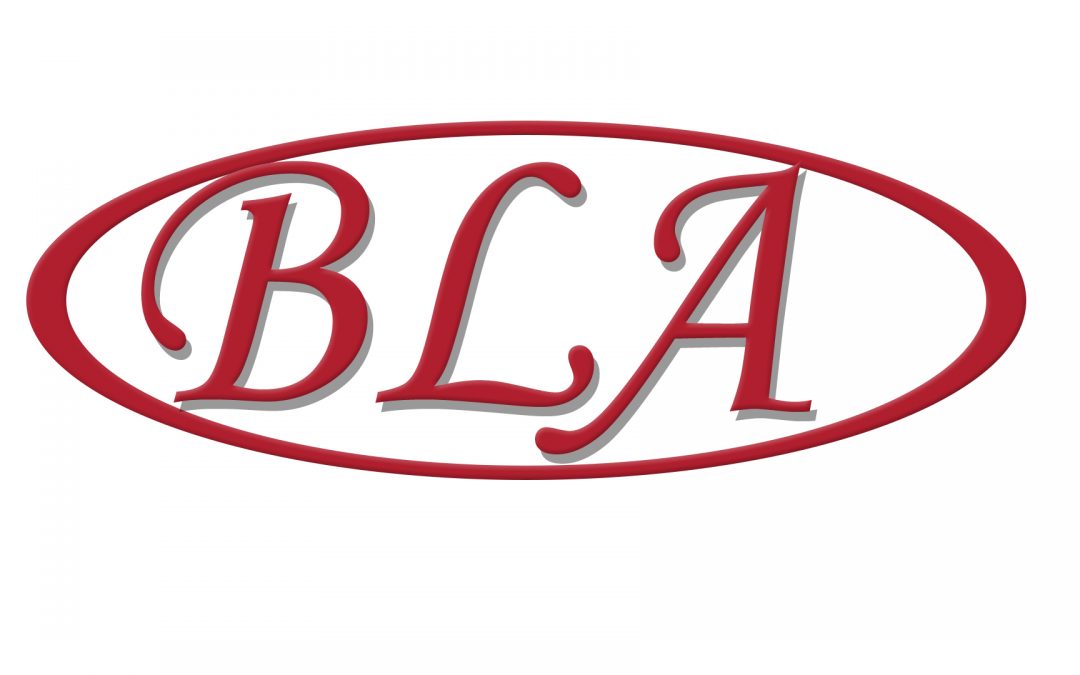Announcing the Rebirth of the Barnett Literary Agency …
Back in the 80s and 90s and the early part of the oughts, I owned and operated a successful small (boutique) literary agency, Barnett Literary Agency (https://www.barnettliteraryagency.com). We closed it down after a tragic death rocked our team, but that was more than 15 years ago. Recently, a client asked me to re-start it, and after giving that a lot of thought, I agreed to do so. However, when that client proved to be less than honest, I broke ties with him, but nonetheless, I decided to keep moving forward with the rebirth of the Literary Agency. Currently (early August 2018), the website is not complete, but it’s there, and my webmaster will be wrapping it up shortly.
We will be looking for authors who are eager to move from self-publishing to traditional royalty publishing, as well as those who believe they’re ready to walk the traditional path, even without a strong self-publishing track record. Both kinds of authors are welcome.
We’ll also be looking for “serial authors,” men and women who are committed to writing a series of books. Sometimes that means, literally, a series (think Harry Potter or Lord of the Rings). Other times, that means one book after another, each exploring a new topic, or an existing topic from a new angle. Romance and Christian books are often that way – unconnected books that share a perspective, and appeal to a common platform. If that’s you, it might help to have already self-published a series of books, if only to prove that you’ve got the writing stamina and staying power to complete a series of books.
Beyond that, you’ve got to be ready to prove that you can promote your books yourself, regardless of how they’re published. As a result, because publishers increasingly insist on authors having a strong platform, we’ll be looking for that. In my book promotion business, while I find a platform helpful, it is far from essential, and I have developed a number of successful work-arounds. However, traditional publishers are, well, traditional, and they want what they want. So if you seek a royalty publishing contract, take the time to develop a significant platform. There are books out there, and YouTube videos, and probably “Platform Oiji Board” games that will show you how.
Next, if you think you want to be royalty-published, you need a few reality checks – some of which might hit you as hard as a hockey “check.” First, if they accept your book, you’ll probably be looking at 18-24 months between the contract and the printed book. This is especially true at the major publishers, and – once again – there are work-arounds. My first ten books were royalty-published but not delayed. I went with small publishers which were in a hurry to make money selling my books. Part of this is because my books were time-sensitive – I was writing about cutting-edge hospital and healthcare marketing (which had only become legal after a Supreme Court case in 1977, and it was still evolving in the mid-80s), and they had a real need to get to the market first. So those experiences can happen, but they are not likely. Frankly, I lucked out. Unless you’re writing on a breaking-news or emerging-trend topic, expect to wait.
Next, no matter how much you might wish it otherwise, your publisher will expect you to carry the bulk of the burden when it comes to book promotion. Yeah, I know, you’ve seen publishers invest seven figures into promotions for a specific book – but if you look more closely, there are only two kinds of books that get promoted. One is the “sensational,” such as when a retired Secret Service Agent desides to dish the dish on the First Families … in a contentious political season, that book got fast-tracked. The other, and far more common, is that the dollars go to writers who, frankly, would be best-sellers even without promotion. So who gets that promotion? Clancy did when he was alive. Vince Flynn, another fallen warrior, did, too. John Grisham’s books are always well-promoted, as are the books by James Patterson (the universe’s most prolific novelist). The only limitation on Patterson’s books is that they come out so quickly that the publishers have to run fast, splashy promotion campaigns before switching to his next book, two or three weeks later.
Stepping away from fiction, popular and controversial public figures get promoted – Hillary’s seemingly-endless series of tell-all/blame-all books all get promoted well (as did Bill’s when he wrote his own books). Sarah Palin’s book (to take the other side of the political spectrum) also got a big-budget publisher-paid promotion, and – like Bill’s and Hillary’s, it paid off for her and her publisher. Political pundits with network platforms also get promoted well – Ann Coulter, the late Charles Krauthammer, and the unstoppable Bill O’Reilly all get big-ticket promotion campaigns for their reliably successful books.
So, are you an already huge best-seller? Are you a national politician or pundit? Are you a famous CEO (like Iacoca was when his book skyrocketed in the 80s)? If not, be prepared to get relatively little marketing or promotion support. You’ll have to do it yourself. The only benefit you’ll have as a traditionally-published author (vs. a self-published author) is that it will be easier to host bookstore signings, because the stores can bet your book easily, and on the usual terms (those that don’t sell can be returned).
My final cautionary is financial in nature. Publishers may pay out what they call an “advance.” Increasingly they don’t offer advances for first-time traditionally-published authors, but let’s just assume that you get an advance. You’ll get a small portion of the advance, at signing (if you’re lucky), and additional portions as you turn in initial drafts, revised drafts and final drafts; but sometimes as much as half of what they pay as an “advance” comes to you either on the date of publication, or just a few weeks before publication. Increasingly, “advance” is a mis-nomer.
Beyond that, once you start selling books, there will be a long lead-time before you see your first payment. Here’s how it often works. A publisher will pay out royalties twice a year, on June 30 and December 31. However, they will have from 90 to 180 days after the close of the payment period to pay you. So, for sales ending June 30, you might have to wait until December 31 to receive your royalty payment. Assuming your first sale was on January 1, you’ll have been forced to wait 364 days from sale to royalty payment. It’s all in the contract, and legal as church on Sunday, but it can be frustrating. The way to overcome this is to keep writing a series of books that are published regularly and which not only earn royalties when they are sold, but they spur royalties for previous books.
For instance, when John Grisham publishes a new book, his publisher may choose to re-issue a whole string of other Grisham books. This reaches two audiences: people who’ve only just “discovered” Grisham and want to read more, and those who don’t save every book they’ve ever bought, and might remember fondly “The Firm” from nearly 30 years ago, and who now want to re-read it.
If you think I’m trying to discourage you, you’re right. I am. Being royalty-published is an unmatched ego boost, and it makes you seem more “real” a writer than a self-published author. That’s changing, but not fast. However, that’s a tough row to hoe, filled with unseen chuck-holes seemingly designed to trip you up. If you really want to go this route, bravo! But do it with your eyes wide open.
And if you’ve got a book that has a platform, is the first in a series, and has best-seller capabilities; if you’re ready to market and promote it yourself, and you’re relaxed enough to wait 18-24 months to see it in print and another 12 months to be paid for your efforts, then drop me a line or give me a call. We should talk.


Recent Comments